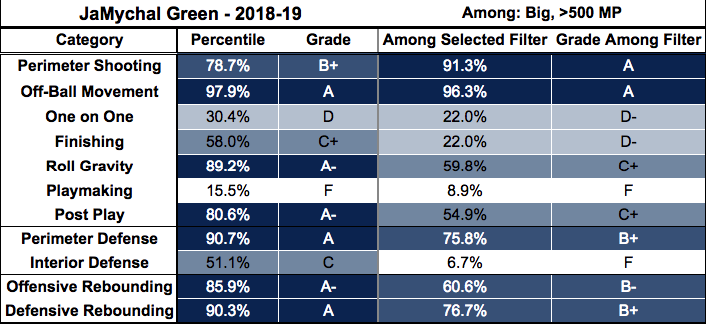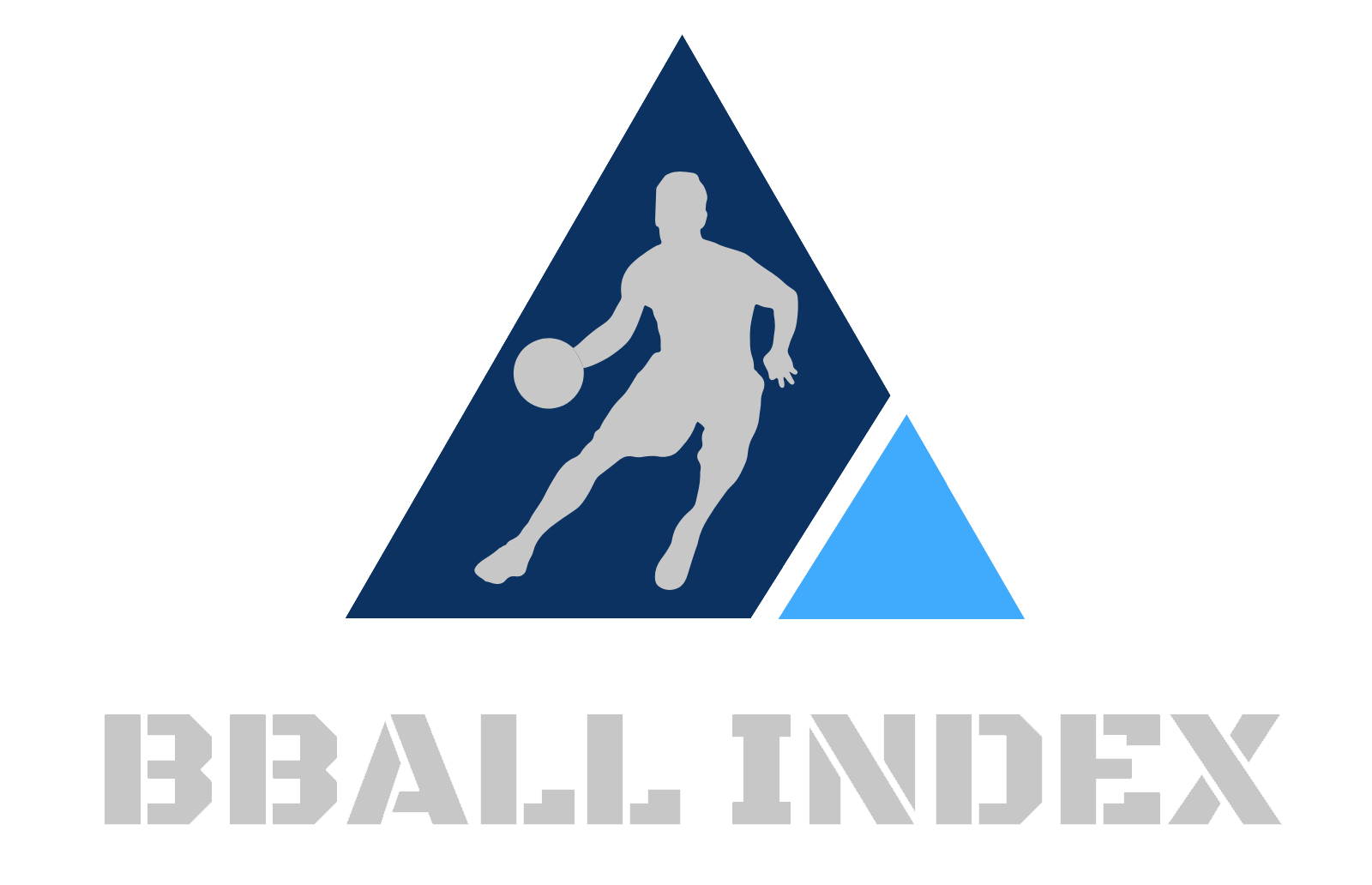The Grizzlies were perhaps the NBA’s best feel good story early on this year. After an injury ravaged 2017-18 season, no one thought Memphis could make noise in the Western conference.
Alas, the Grizzlies got off to a 12-5 start and stood atop the conference standings. Twitter lost it’s collective mind. That 12-5 start included two road victories against the Jazz, a road win over the Spurs, and home victories over the Nuggets and 76ers.
Yet that 12-5 start feels like a lifetime ago. Memphis is 7-23 since, the 4th worst record in the league during that time span. They sport a -6.4 net rating in their last 29 games, the 5th worst mark in the league.
The Grizzlies now sit 14th in the Western conference, ahead of only the Phoenix Suns. They have a 10 percent chance at the playoffs according to FiveThirtyEight. 17 days away from the trade deadline, most teams in this situation would embrace the tank. Memphis, however, is in a more unusual situation than most teams would be subjected to.
The Grizzlies Don’t Want Their Pick
Memphis owes Boston a future first due to a Jeff Green trade. (Ok, I know there’s anti-trust laws and everything, but can we all agree to just stop trading future first round picks to Danny Ainge for Jeff Green? Yes? Ok, glad we are all on the same page). The pick is top-8 protected in 2019, top-6 protected in 2020, and unprotected in 2021.
By all accounts the 2019 draft is lackluster. The Grizzlies roster is built around two aging stars, one of which could leave in free agency this summer. It is entirely feasible that if Memphis doesn’t send Boston their pick in 2019, they’ll end up sending a better pick in a year with a better draft class. That would be disastrous.
Chris Herrington noted before the season that Memphis believed the best course of action would be to ensure that pick went to Boston in 2019. He agreed. Most seemed to also agree. It still makes the most logical sense. But how realistic is it?
Decently, thanks to the Eastern conference. The Grizzlies, as of this writing, are tied for the 6th worst record in the NBA. The Hawks, Knicks, Bulls, Cavs, and Suns are all good bets or locks to finish with a worse record. The main competition here is the Magic, Wizards, and Pistons. All three of those teams appear to be hell bent on making the playoffs this season. And in the Eastern conference each team has an easier schedule going forward.
It’s the double edged sword of competing with the East. Those bottoms teams guaranteed to finish below you are also punching bags for the teams you want to leap frog.
Benefits to Tanking
If the Grizzlies embrace tanking, they can’t really improve upon their standing as the 6th worst record. Their glimmers of hope would be the Hawks finding some chemistry late in the season. Kristaps Porzingis could come back and guide the Knicks to some “we’re blowing our shot at Zion” late season wins.
Is it worth delaying sending that pick to Boston for the 6th best lottery odds? No, but we should keep in mind this will be the first year under the new lottery format. Instead of the 5.3 percent chance the 6th worst team had under the old system, the 6th worst team now has a 9 percent chance of landing the top pick. Not a massive improvement, but it’s not nothing in a world where the the best odds are 14 percent. The odds of jumping into the top 3 have also increased, from 22 percent to 28 percent, as well as jumping into the top 5, from 22 percent to 37 percent.
That top 6 pick, wherever it lands, would be the most valuable trade asset the franchise has. Chris Wallace is always looking to overpay on shortsighted, win-now moves, so flipping that pick for an overpriced veteran another team is looking to dump is a possibility.
Such a trade could convince Marc Gasol to stick around instead of ring chase. He may even do an “opt-out-make-good” to lower his cap number for the 2019-2020 season.
Accidental Benefit
None of us should have any faith in Chris Wallace to make a maneuver with the long view in mind. However, if the Grizzlies wanted to tank, they do have several players on expiring contracts that could either help teams chasing playoff wins or be used to take on bad money. The odds are low since Wallace failed to move Tyreke Evans ahead of last year’s deadline, which seems like managerial malpractice.
Thanks to the Justin Holiday overpay, Memphis is down two second rounders. Between Garrett Temple, JaMychal Green, Omri Casspi, and Shelvin Mack, the Grizzlies have $18.7 million in expiring salary.
Temple is a 3-and-D wing that any team chasing victories could use. Green is one of the most under appreciated players in the league. Check out his grades this season both overall and among bigs that have logged at least 500 minutes.

Green is posting an A- or better grade in six categories, with a B+ in a 7th. He has an A perimeter shooting grade among bigs. He won’t sacrifice floor spacing regardless of who he is paired with at the other big position.
Green and Temple can help contribute to winning basketball. All four expiring contracts would net the Grizzlies a first round pick if they were willing to take back money. The Atlanta Hawks received a future first that belonged to Houston to eat the remaining $17.2 million on Jamal Crawford’s deal (the two sides agreed to a buyout for $4 million less than what Crawford was owed, while the Hawks also received Diamond Stone – former 40th overall pick – while sending out a 2nd rounder that belong to Washington, two assets we can say cancel out).
Maybe there is a team out there that wants to dump salary and get useful guys for the rest of the season?
The Downside to Tanking
Again, if Memphis doesn’t send their pick to Boston this season they run the risk of sending a better pick in a better draft class. Tanking could anger Gasol to the point that he wants to leave in free agency. Maybe Mike Conley requests a trade come July.
It is also easy for everyone outside the organization to say the smart move is to sell off everything and hit the reset button. That is the smart move. But the NBA is still a business. The Grizzlies are still in a small market, and Chris Wallace still gets his marching orders from ownership.
Memphis also does have a pathway to cap space this summer. They can stretch the final season of Parsons deal, opening $17.7 million in room. Gasol could opt out of his $26.6 million player option to either chase a ring or sign for three years and $45 million to lock in more guaranteed money ahead of his age 34 season.
If both those things happen, and the Grizzlies renounce all their other cap holds, then the team is looking at ~$29 million in cap space. Who on the market would want to join Marc Gasol, Mike Conley, Jaren Jackson Jr., and the 6th pick of the draft coming off back-to-back seasons high up in the lottery?
Probably not many, but they could bring someone in by overpaying. Overpaying is bad, but it may also be the team’s only viable option to get a player of a certain talent level they would have no other way to acquire under other circumstances.
What to Do?
The Grizzlies have competing long term interests. They want to send that pick to Boston this year in order to avoid sending a better pick later in a better draft.
However, another long term strategy would be to trade Conley and Gasol now, as their value only declines with every day they grow older and more expensive.
However, what is a realistic return for either player? Is it enough to risk potentially shipping the #1 pick in 2021 to the Celtics? No, it won’t be.
The most logical thing to do seems to be to try climbing to the 9th worst record and convey the pick to Boston. The odds Memphis can get far enough down the ladder to get a real solid shot at Zion in this draft are too low. The rest of the class doesn’t seem worth giving the up chance at getting someone near the top of the draft in a different year.
The team just needs to be prepared with a plan should they retain the pick and need to pivot.
